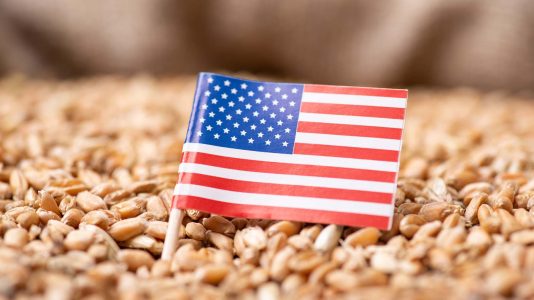Bangladesh has agreed to import 700,000 tons of US wheat annually for the next five years under an agreement formalized with a memorandum of understanding signed with US Wheat Associates (USW).
Bangladesh imports about 7 million tons of wheat each year, with the bulk sourced from the Black Sea region due to its lower cost. Smaller volumes of higher-quality wheat preferred for higher gluten content, including some from the US and Canada, also are imported for blending.
In Bangladesh, wheat is the second most significant staple food after rice, and local production accounts for 14% of the total demand, according to the Foreign Agricultural Service (FAS) of the US Department of Agriculture.
The demand for wheat as food continues to grow for the South Asian nation of nearly 176 million people as rice prices remain high in the domestic market, while the use of wheat in the animal feed industry also is increasing.
USW is the export market development organization for the US wheat industry and has been working in Bangladesh in recent years to secure greater access. In May 2024, representatives of USW visited with millers and wheat food manufacturers, and in 2023 USW participated in the Bangladesh Wheat Foods Summit, an event organized by the FAS.
Ali Imam Majumder, an adviser to the interim government, said at the July 20 signing ceremony that the agreement would not only ensure a steady supply of high-quality wheat at competitive prices but also strengthen trade ties between the two nations.
The wheat initiative is widely seen as part of a broader diplomatic and trade strategy to soften the trade stance of the US’ stance and open the door for further negotiations in a bid to secure tariff relief. The US is set to set to impose a 35% tariff on Bangladeshi exports starting August 1.
